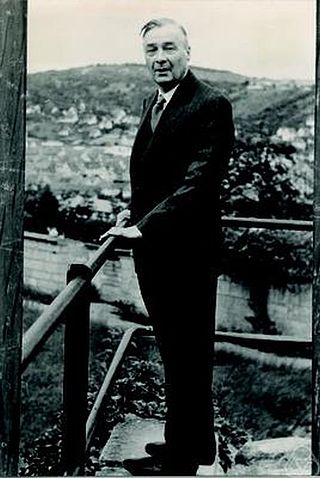Top Qs
Timeline
Chat
Perspective
Philip Hall
English mathematician (1904–1982) From Wikipedia, the free encyclopedia
Remove ads
Philip Hall FRS[1] (11 April 1904 – 30 December 1982), was an English mathematician. His major work was on group theory, notably on finite groups and solvable groups.[2][3]
Remove ads
Biography
He was educated first at Christ's Hospital, where he won the Thompson Gold Medal for mathematics, and later at King's College, Cambridge. He was elected a Fellow of the Royal Society in 1951 and awarded its Sylvester Medal in 1961. He was President of the London Mathematical Society from 1955–1957, and was awarded its Berwick Prize in 1958 and De Morgan Medal in 1965.[4][5]
Publications
- Hall, P. (1934). "A Contribution to the Theory of Groups of Prime-Power Order". Proceedings of the London Mathematical Society. s2-36: 29–07. doi:10.1112/plms/s2-36.1.29.
- Hall, P.; Higman, G. (1956). "On the p-Length of p-Soluble Groups and Reduction Theorems for Burnside's Problem". Proceedings of the London Mathematical Society. s3-6: 1–42. doi:10.1112/plms/s3-6.1.1.
- Hall, Philip (1988), The collected works of Philip Hall, Oxford Science Publications, The Clarendon Press Oxford University Press, ISBN 978-0-19-853254-5, MR 0986732
Remove ads
See also
- Abstract clone
- Commutator collecting process
- Isoclinism of groups
- Regular p-group
- Three subgroups lemma
- Hall algebra, and Hall polynomials
- Hall subgroup
- Hall–Higman theorem
- Hall–Littlewood polynomial
- Hall's universal group
- Hall's marriage theorem
- Hall word
- Hall–Witt identity
- Irwin–Hall distribution
- Zappa–Szép product
References
Wikiwand - on
Seamless Wikipedia browsing. On steroids.
Remove ads

